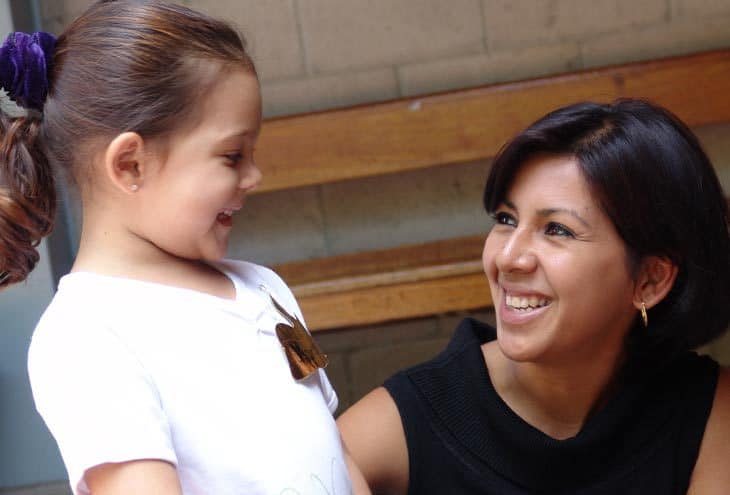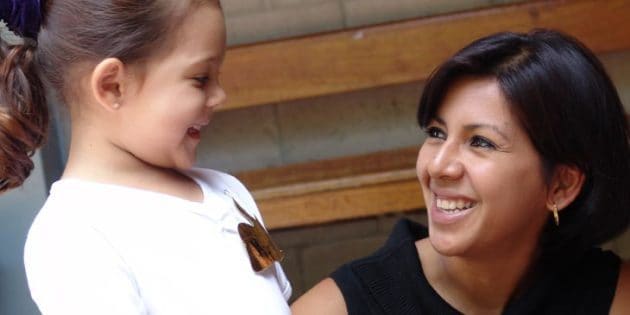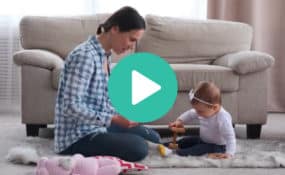When kids begin to struggle with things that we as parents feel they should be able to do, we, as parents, often speak to our family physician first. We typically have a long and trusted relationship with the doctor and will take the advice they give. However, when a child is not developing at the rate that is hoped for, the doctor will often refer your child to a therapist. A child may need to be seen by a speech therapist, an occupational therapist, a physical therapist, a developmental psychologist or any other kind of healthcare worker who specializes in child development.

As parents, we know very little about what therapy with any of the therapists mentioned above might look like. In addition, we know nothing at all about the therapist’s personality, interests, or practice techniques. Children have a very long period of development. Years of development and most are not highly skilled in all areas. However, when doctor hands us the name and phone number of the therapist, we set up an appointment and show up for our first appointment assuming or hoping that the therapist can help.
While this may (and hopefully will) work out well for you and your child, it’s not the best approach. It’s important that you take some time to find out if the therapist is a good match for your child. A friend of mine once told me that choosing a therapist is like buying a refrigerator. “You need to find one that fits your space.”
You will be wasting a lot of time and money if your therapist and child are not a good match for each other. The easiest way to determine this is to meet with the therapist. Ask questions to determine what kind of child and disability they like working with the best. It’s important to find out what types of personalities and disabilities the therapist feels most comfortable with, and which types of disabilities they may not be as experienced with.
Visit the clinic and look at the treatment space. Is it bright, colorful and stimulating, or is it low keyed and low toned? Which space would make your child more comfortable? Does the therapist have other spaces that would suit your child better?
If your initial meeting goes well, give the therapist and clinic a try! Attend several sessions and give them a chance. Remember that it often takes children a while to warm up to a stranger and judgements on progress are difficult to make after just a few sessions. If, after several sessions, you notice that your child is not responding well to his or her therapist, know that it is not your child’s or the therapist’s fault. It has nothing to do with the child or the therapist. It just may not be a good fit, and that’s ok! At that point it is time to withdraw the child and try with someone else.
You do not need to feel bad or guilty about withdrawing your child, and it’s likely the therapist will understand. In my practice I have had several children that did not respond well to me. The parents chose to take them to a different location. I was never upset with or offended by the parent, but simply disappointed that I could not help them. Professionals who work with children want what’s best for all children! We will support you on that quest as best we can!
- Save Time & Money By Choosing The Right Therapist For Your Child - September 28, 2016
- Save Time & Money By Choosing The Right Therapist For Your Child - September 28, 2016
- Save Time & Money By Choosing The Right Therapist For Your Child - September 28, 2016





